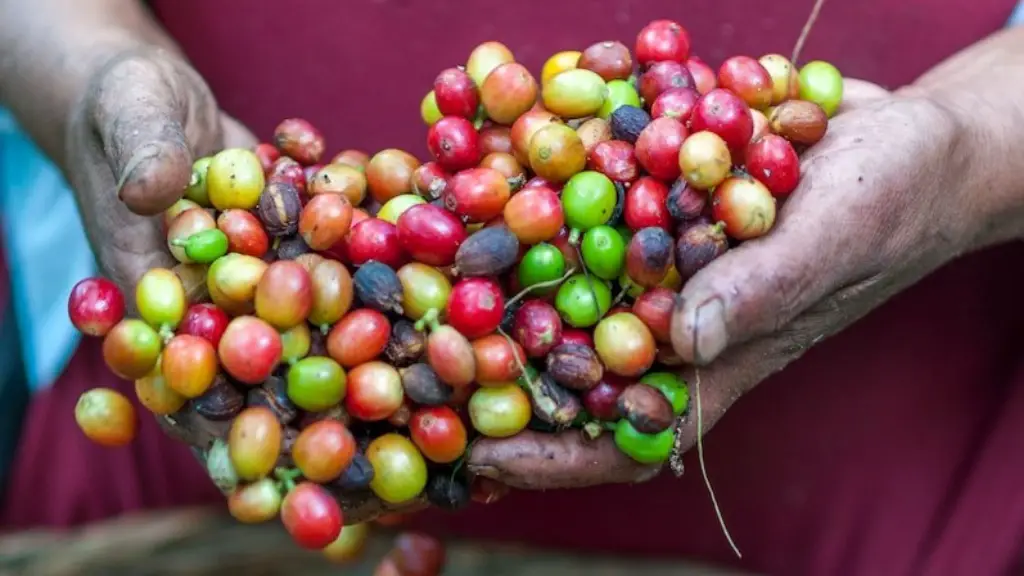As numerous health studies show, drinking coffee on the keto diet has numerous benefits. It can improve physical performance, decrease inflammation, and even help with weight loss. But it’s not always easy to find a type of coffee that fits your new lifestyle. Here’s a guide to understanding the differences between different types of coffee so you can make a better choice when it comes to drinking on keto.
The biggest factor to consider when making coffee on keto is the carb count. Choosing brews with the lowest amounts of carbohydrates will ensure you don’t go over the 20-50 gram variety you need to maintain ketosis. The rule of thumb states that a cup of coffee with no added sugar or milk should have fewer than 5 grams of carbs. As a result, plain black coffee is one of the best choices for keto.
Decaffeinated coffee is also a great option, as it naturally has fewer carbs than regular coffee. Be aware of the potential for added sugars and creams, as these can add up pretty quickly. This means you should watch out for light or cold brews, as well as the range of “ready to drink” coffees available. These can contain 20g of carbs or more per cup.
Think about what you can do to offset the extra carbs in these types of coffee. For example, if you’re looking for a more indulgent coffee option, try adding unsweetened almond milk for a creamy taste. Or, you can choose a flavored version of unsweetened almond milk. You can also try a dairy-free cream or creamer, or a few drops of coconut oil in place of heavy cream or half-and-half.
Another great option is bulletproof coffee. This combination of coffee, grass-fed butter, and MCT oil contains approximately 0-1 grams of carbs per cup. The fats in this combination can help you feel satiated and energized.
Finally, coffee is a great way to get your daily dose of essential vitamins and minerals. Drinking coffee on keto ensures you are not missing out on these electrolytes, and that you have the energy you need to stay focused and energized. Just watch out for added sugars and carb-laden add-ins.
Instant Coffee on Keto
Instant coffee is convenient and easy, but you should be aware of the carb content. Instant coffee brands typically contain sugar, artificial sweeteners, and other high-carb additives. This means that an instant coffee with 2 grams of carbs per serving may end up containing 20 grams of carbs if you add enough sugar or artificial sweetener. If you still can’t resist the convenience of instant coffee, then opt for a brand that offers options with 0-1 gram of carbs.
If you do choose to take the instant coffee route, be sure to check the labels for artificial sweeteners. Drinks like Frappuccinos, lattes, and cappuccinos typically contain more carbs and added sugars. Additionally, check for low-carb alternatives like stevia or monk fruit for added sweetness. And if you do decide to use an artificial sweetener, be aware that you may experience stomach distress like gas and bloating.
Coffee Alternatives on Keto
If you are looking for something other than coffee, there are plenty of keto-friendly options that you can explore. Matcha and green tea are good alternatives to coffee, as they contain less caffeine, less sugar, and fewer carbs. Both have been linked to metabolism boosts, and have plenty of antioxidants. Additionally, you can mix in a few drops of MCT oil or butter to boost your intake of healthy fats.
Herbal teas are another wonderful way to get your daily dose of caffeine without the carbs. Some of the most popular herbal teas include chamomile, ginger, hibiscus, and turmeric. All of these can give you a subtle, tasty kick throughout the day that won’t mess with your carb count.
Benefits of Coffee On Keto
Drinking coffee on keto can be beneficial in many ways. As mentioned, it provides an energy boost and can help you focus. It also helps reduce inflammation, increases metabolic rate, and can even help with weight loss. Coffee is also beneficial in that it can help the body absorb and process more fatty acids. This can be especially beneficial for those following a ketogenic diet, as the body is primarily relying on fat-burning for energy.
Coffee also has been linked to improved cognitive function and a decreased risk of Alzheimer’s disease. While there is no research directly connecting coffee intake to decreased risk, it is thought that the stimulant effect of coffee helps to keep the brain active and alert. Finally, some studies have linked coffee consumption to a reduced risk for certain types of cancer. This is again thought to be due to the antioxidant effect of coffee.
How To Enjoy Coffee on Keto
Now that you know more about which types of coffee are best to drink on keto, the only thing left to figure out is how to enjoy it. Start by opting for plain black coffee with no added sugar or milk. Decaffeinated coffee is also a great option, as long as you pay attention to the ingredients list. If you’re looking for something a little more indulgent, try adding unsweetened almond milk or a few drops of coconut oil. You can also try a dairy-free cream or creamer, if you don’t want to add in extra fat.
If you’re looking for a keto-friendly coffee substitute, opt for matcha or green tea, which offer plenty of antioxidants. And don’t forget about herbal teas, which come in a variety of flavors and can provide a more mellow coffee alternative. Finally, if you’re going for coffee alternatives, be sure to stay away from drinks like Frappuccinos and lattes, as these typically contain more carbs and added sugars.
Common Questions About Coffee On Keto
One of the most common questions about coffee on keto is whether or not it’s okay to drink coffee while fasting. The answer is yes – as long as your coffee is black or decaffeinated, there is no reason why you can’t enjoy a cup or two while fasting. Just be sure to limit yourself to two cups for the entire day.
Another question that comes up quite often regarding coffee on keto is the matter of artificial sweeteners. While some artificial sweeteners may be keto-friendly, there are some that are not. Aspartame and sucralose, for example, are not keto-friendly, as they contain high amounts of added sugars. The best choice is to avoid artificial sweeteners altogether and opt for natural sweeteners like stevia or monk fruit.
Side Effects Of Too Much Coffee On Keto
Although coffee can have numerous benefits on the ketogenic diet, there can be some side effects to drinking too much. For example, drinking too much coffee can cause heart palpitations, insomnia, and increased blood pressure. It can also cause digestive issues like upset stomach or constipation. Additionally, too much coffee can lead to increased cravings and hunger, and can interfere with your ability to focus.
If you are a regular coffee drinker, it’s important to be aware of how much you’re drinking. That being said, drinking one or two cups of plain black or decaffeinated coffee a day should not lead to any negative side effects. Just make sure the coffee is unsweetened and you are not adding too many carb-laden ingredients.




